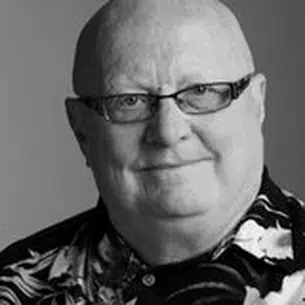TAIPEI (Reuters) – Former Taiwan president Ma Ying-jeou will make his second trip to China next month, leading a group of students on an 11-day journey to visit locations including Beijing, his office said on Monday, at a time of continued tension across the Taiwan Strait.
Ma, president from 2008 to 2016, last year became the first former Taiwanese leader to visit China. Since the defeated Republic of China government fled to Taiwan in 1949 after losing a civil war to Mao Zedong’s communists, no serving Taiwanese leader has visited China.
China considers democratically-governed Taiwan its own territory, and has ramped up military and political pressure to assert those claims.
Apart from Beijing, Ma will also visit the southern province of Guangdong and the northwestern province of Shaanxi, going to historic sites, visiting companies and leading student exchanges at Beijing’s elite Peking University and Sun Yat-Sen University in Guangzhou, his office said in a statement.
Asked by reporters about arrangements for who Ma would meet while there, Ma Ying-jeou Foundation director Hsiao Hsu-tsen said they would be “at our hosts’ disposal”.
Ma met Chinese President Xi Jinping in Singapore in late 2015 shortly before the current Taiwan president, Tsai Ing-wen, won an election.
China’s Taiwan Affairs Office, which referred to him as “Mr. Ma Ying-jeou” rather than former president given neither the Chinese nor Taiwanese government recognise each other, said it welcomed his visit.
Ma remains a senior member of Taiwan’s main opposition party the Kuomintang (KMT), which in January lost for the third time in a row the presidential election.
The KMT advocates close ties with China and dialogue, but strongly denies being pro-Beijing.
Tsai and her ruling Democratic Progressive Party have repeatedly offered talks with China but been rebuffed, as Beijing views them as dangerous separatists.
Tsai says only Taiwan’s people can decide their future. Her government strongly objects to China’s sovereignty claims.
(Reporting by Ben Blanchard;Editing by Michael Perry)





Comments